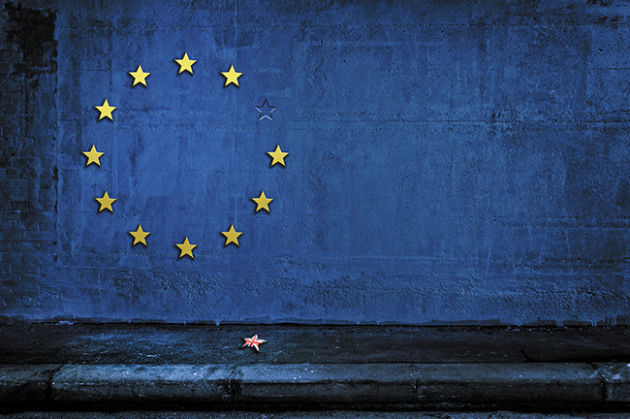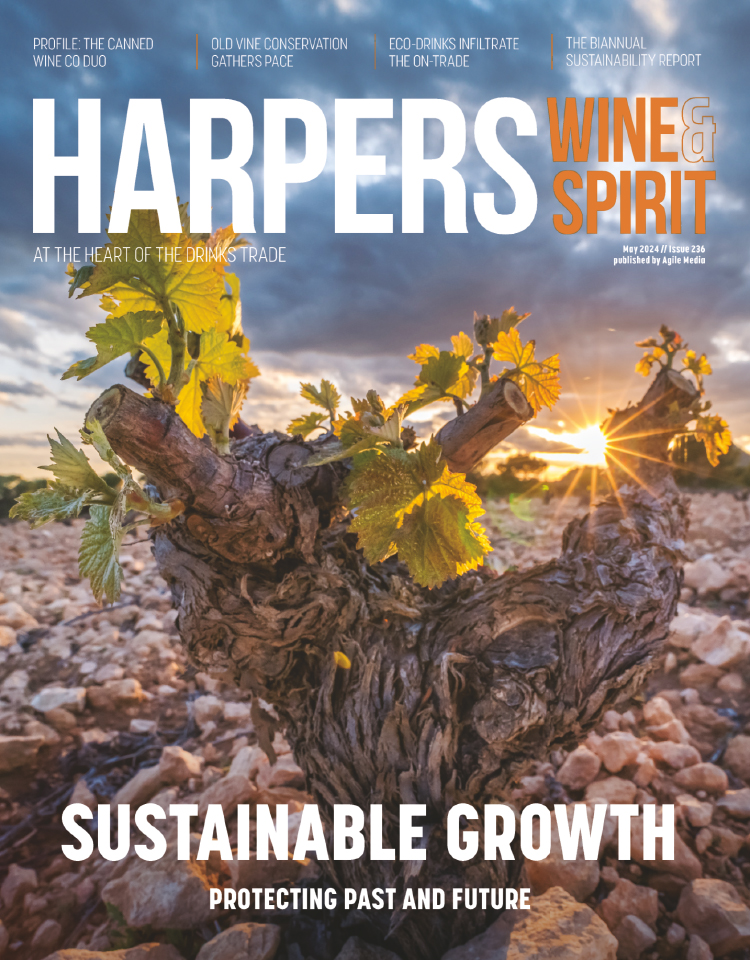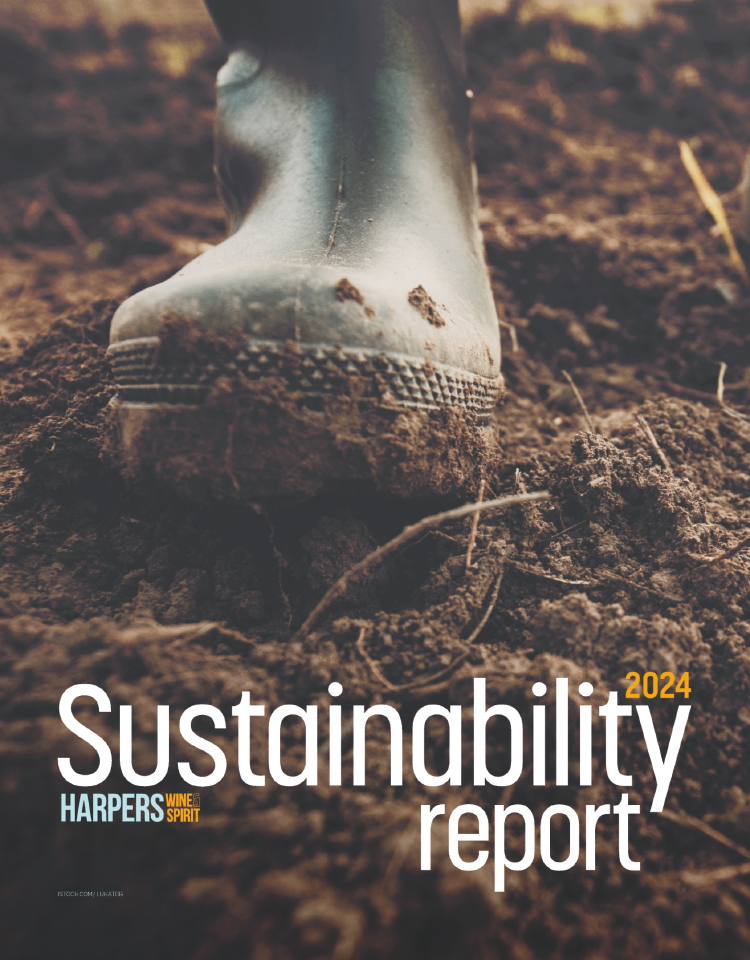
WSTA and CEEV call for regulatory alignment post-Brexit
Wine trade bodies, the WSTA and CEEV have jointly urged the British government to maintain regulatory alignment on wine post-Brexit.
The demand is a key part of the WSTA-CEEV (Wine & Spirit Trade Association and Comité Européen des Entreprises Vins) Common Position paper on a future UK-EU partnership released this week, in wake of the eventuality of post-Brexit regulatory divergence espoused by the UK government this year.
In the run-up to further Brexit talks later this year, the paper says that the maintenance of a homogeneous EU-UK regulatory framework is a vital requirement in order to prevent any trade disruption and maintain consumer confidence, post-Brexit.
It calls for all EU relevant acts and specific provisions impacting the EU wine industry as well as UK legislation framing the UK wine industry to be mutually acknowledged in the future EU-UK partnership agreement.
Both trade bodies now want to create a Wine Annex, based on OIV (International Organisation of Vine and Wine) recommendations, to define mutually agreed rules of common and shared interest between both parties.
The paper also calls for the creation of a bilateral wine committee to allow both parties to manage the trade relationship over time and to monitor all matters relating to the implementation and the functioning of the wine section of the future partnership agreement.
“Should policy developments entail a divergence of the UK and EU wine regulations and standards, the issuing of import certificates would be submitted to the consideration of the wine bilateral committee,” the paper says.
Earlier this month, Italian wine specialist, Vinexus Ltd, voiced concern over the prospect of Australian Prosecco entering the UK, post-Brexit, as a consequence of regulatory divergence, as reported by Harpers.
Approximately 25% of EU-27 wine exports are shipped to the UK market, representing about €2.8 billion every year.
EU wines and UK consumers have had a special relationship for centuries and everything should be done to keep both availability and the special relationship in the future bilateral trade relationship, the paper says.
Regulatory Alignment
Customs Procedures: Wine importers should not be required to provide import certificates such as the VI-1 for EU and UK originating wine products. Simplified import and circulation procedures should include the mutual recognition of Economic Authorised Operators from the two trading blocs. Should the UK develop a computerised system for the movement of excisable products in the UK, both parties should consider the possibility to interconnect UK and EU systems.
Intellectual Property Rights: Protection of Geographical Indications and preservation of trademark exhaustion principle.
Tariffs: Zero tariffs on wine products originating from the UK and the EU.
Ireland and NI: Clear functioning of the Ireland and NI border.
Transitional measures at the End of The Transition Period: Wines should continue to be labelled and placed in UK/EU markets for 18 months after the end of the transition period and sold until stocks are exhausted.







